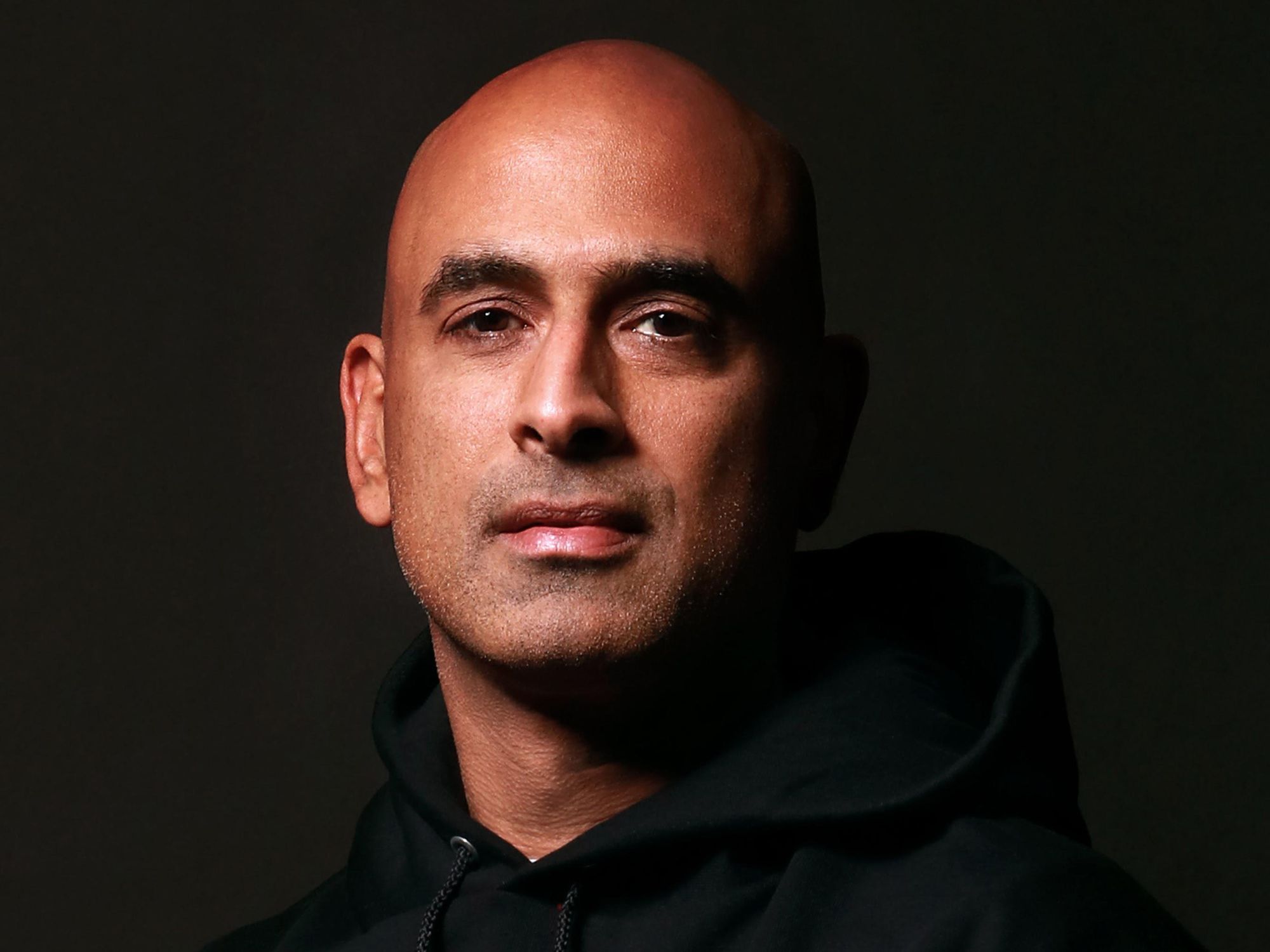LA Tech Updates: Artie Closes $10M Seed Round; FaZe Clan Has a New CFO
Sam primarily covers entertainment and media for dot.LA. Previously he was Marjorie Deane Fellow at The Economist, where he wrote for the business and finance sections of the print edition. He has also worked at the XPRIZE Foundation, U.S. Government Accountability Office, KCRW, and MLB Advanced Media (now Disney Streaming Services). He holds an MBA from UCLA Anderson, an MPP from UCLA Luskin and a BA in History from University of Michigan. Email him at samblake@dot.LA and find him on Twitter @hisamblake

Big moves in L.A.'s gaming industry Thursday, as mobile gaming platform Artie closes its seed round of funding and gaming/ lifestyle organization FaZe Clan lands a new CFO. Sign up for our newsletter and follow dot.LA on Twitter for more updates.
Today:
- Artie Closes Seed Round at $10 Million
- FaZe Clan Brings on a New CFO
Artie Closes Seed Round at $10 Million

Artie, the L.A.-based startup aiming to change how mobile games are accessed and distributed, has completed the seed round that it reopened in September, closing at $10 million. Investors include mobile-games giant Zynga founder Mark Pincus, NBA star Kevin Durant, Scooter Braun's Raised In Space investment firm and the Winklevoss twins.
Mobile games are the biggest segment of a growing gaming market, and Artie's tech aims to change how players and creators connect through those games. The goal is to reduce friction by allowing gamers to open games directly from online platforms such as TikTok, Instagram and Facebook rather than force them to log in through the Apple or Google app stores. Circumventing the app stores also means game creators and developers would not have to pay the 30% fees those platforms charge.
Artie plans to release its first round of games later this year, and eventually to allow other developers to use its technology as a distribution platform. Its self-published games will be free to play; Artie will make money through in-game purchases. Once it opens to other developers via a software development kit, it will charge a fee, which chief executive Ryan Horrigan said will likely be 12%.
Amit Baraj Takes Over as FaZe Clan CFO

Amit Baraj is FaZe Clan's new chief financial officer.
FaZe Clan, the L.A.-based gaming brand that spans esports, content and lifestyle apparel, announced Thursday that it has a new chief financial officer.
Amit Baraj, most recently chief executive officer at 3-on-3 basketball league BIG3, will be responsible for overseeing FaZe Clan's finance, strategy and corporate development. Baraj was formerly an investment banker at Centerview Partners, Bank of America Merrill Lynch and Bear, Stearns & Co.
"FaZe Clan has evolved from an esports organization to a true global media and lifestyle brand with tremendous potential. I'm looking forward to partnering with (CEO) Lee (Trink) and the team to execute on the vision and grow the business," Baraj said in a statement.
FaZe Clan was valued around $250 million as of its $40 million Series A round last April, led by music mogul Jimmy Iovine, Trink previously told dot.LA.
- Artie Reopens its Round and Goes After Gaming's Big Problem - dot ... ›
- FaZe Clan Looks to Dominate Global Entertainment - dot.LA ›
- Artie Mobile Gaming and NFT Startup Raises $35.9 Million - dot.LA ›
- FaZe Clan Gaming for Gen Z Goes Public, Valued at $1 Billion - dot.LA ›
- New Head of Originals at Snap, New President at FaZe Clan - dot.LA ›
- FaZe Clan Could Soon Be Bankrupt - dot.LA ›
- FaZe Clan Boosts Its Leadership Team With New Hires - dot.LA ›
Sam primarily covers entertainment and media for dot.LA. Previously he was Marjorie Deane Fellow at The Economist, where he wrote for the business and finance sections of the print edition. He has also worked at the XPRIZE Foundation, U.S. Government Accountability Office, KCRW, and MLB Advanced Media (now Disney Streaming Services). He holds an MBA from UCLA Anderson, an MPP from UCLA Luskin and a BA in History from University of Michigan. Email him at samblake@dot.LA and find him on Twitter @hisamblake





 Image Source: Skyryse
Image Source: Skyryse